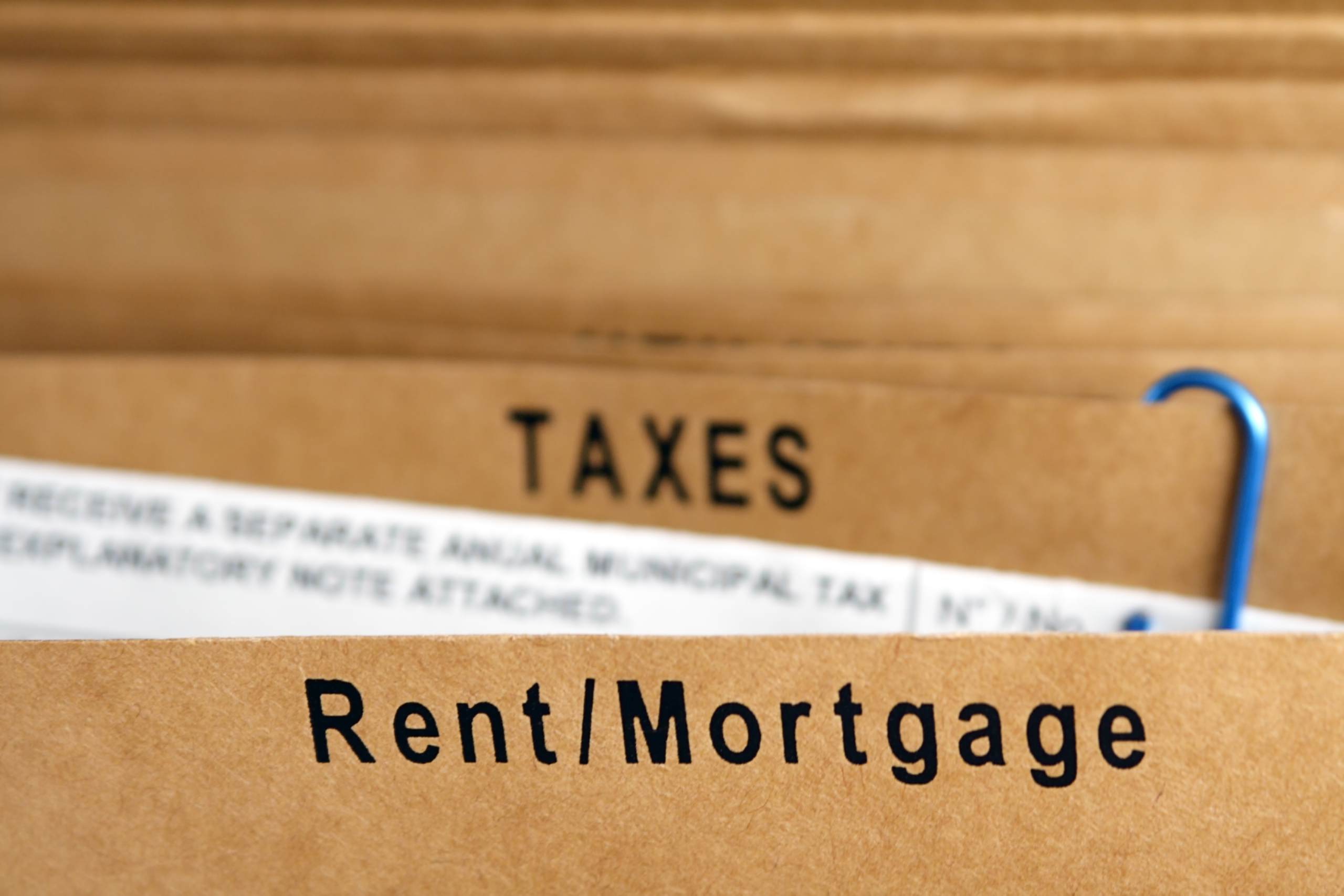
Once you have submitted your tax return to the Internal Revenue Service each year, you may be thinking of when the next bonfire will be so that you can toss all that paperwork into it. But making arrangements for safely storing your tax paperwork is essential to protect yourself in the event of a future IRS audit.
The general rule is to keep your tax records for three years from the date you filed your return, but there are several important exceptions for when you might need to keep your tax records for a longer period as a taxpayer. Read on to learn how long to keep your tax records and when you can safely dispose of them.
Determining Expiration of the Statute of Limitations
Typically, the statute of limitations for the IRS to audit your income tax return is generally three years. The statute of limitations is six years if your return includes a “substantial understatement of income.” Generally, this means that you have left off more than 25 percent of your gross income. Suppose that you earned $200,000 but only reported $140,000. Given that you omitted more than 25 percent, you can be audited for up to six years. Maybe this understatement was unintentional, or you reported in reliance on a good argument that the extra $60,000 was not your income. The six-year statute applies but be aware that the IRS could argue that your $60,000 omission was fraudulent. If so, the IRS gets an unlimited number of years to audit. The statute of limitations starts running on the later of the due date for your tax return or the date on which you file your taxes.
Special Tax Items
You will need to keep your records for seven years if you claim a deduction of worthless securities or bad debts. For example, if you lent a friend $10,000 under a promissory note and the friend went bankrupt, keep records to prove that it was a legitimate debt discharged in bankruptcy that was never paid.
Another special tax item is employment taxes. Keep records for employment taxes for four years from the later of the date the tax is due or the date you pay the tax.
Records Related To Property
When your tax return includes information related to property, keep those records until the statute of limitations — typically three years — runs out for the year in which you sell or otherwise dispose of the property.
For example, if you bought a car in 2010, use it as part of your business and then sell it in 2020, you should keep all of those car-related tax records until the statute of limitations expires for your 2020 tax return.
In addition, keep your old property records until the statute runs out on the tax year you dispose of the new property if you exchange the property for another property to which you transfer your cost basis.
For example, say you use a 1031 exchange to sell a rental property and invest the proceeds tax-free into a new rental property. Your basis in the new property is dependent on your basis in the old rental property. As a result, keep the old rental property records until the statute runs on the tax year that you sell the replacement property.
How To Store Documents
The shoebox method does not work. Neither are myriads of files scattered throughout your hard drive on your computer (also known as modern shoebox method). You can keep your tax documents in a fireproof safe or a bank’s safe deposit box. But to conserve space, consider scanning all of your tax-related documents and saving them in an orderly fashion to an external hard drive or on a cloud service. As long as you can reproduce the documents and they are legible, the IRS accepts electronic copies. Also, if you can produce records quickly and provide exactly what they want, it will shorten the audit process. Once they realize you are unorganized, prepare for a long torturous audit as the auditor will see dollar signs galore as he makes his monthly quota at your expense.
What happens if you don’t hang on to them?
What’s the worst thing that can happen if you lose your records? You might owe more money. If you are ever asked for them and you don’t have them, you may have problems substantiating what’s on your tax return and certain deductions and credits could be denied.
How to get rid of your tax records
When it’s finally time to wave goodbye to that mountain of paperwork, it is important to remember that getting your tax documents would be a criminal’s dream come true. These documents include your name, address, Social Security number and all the information needed to steal your identity, so getting rid of them requires extra attention.
When you dispose of tax records, make sure you keep your information safe, shred paper documents and wipe electronic records before disposing of old electronics to protect yourself from identity theft.
